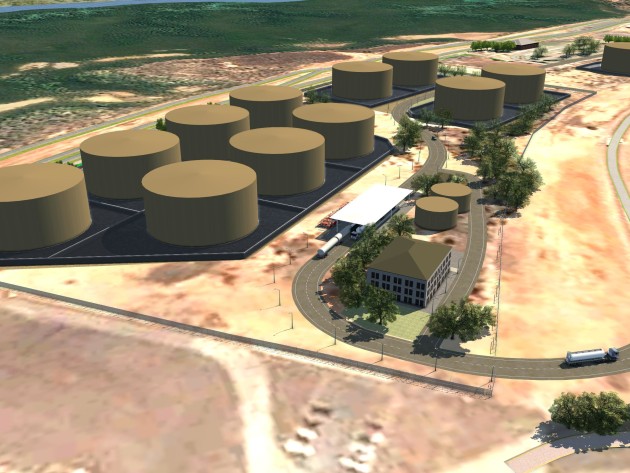Australia’s Strategic Vulnerability at Sea Cannot be Ignored by the re-elected Government
By Desmond Woods*
“When this problem could have been solved it was ignored. Now that it is thoroughly out of hand we propose to apply, too late, the measures that would have prevented it.” – Winston Churchill
Provided we can import fertilizer and fuel for agricultural machinery, we should be able to feed our population of fewer than 30 million here on this island continent in time of interdiction of our sea lanes of communication. With enough renewables, large scale batteries and local gas used in combination, we should be able to generate the power to keep the lights on in our towns and cities. But we are currently far too dependent on the importation of refined fuel for road and rail transport and for our high intensity agriculture.


